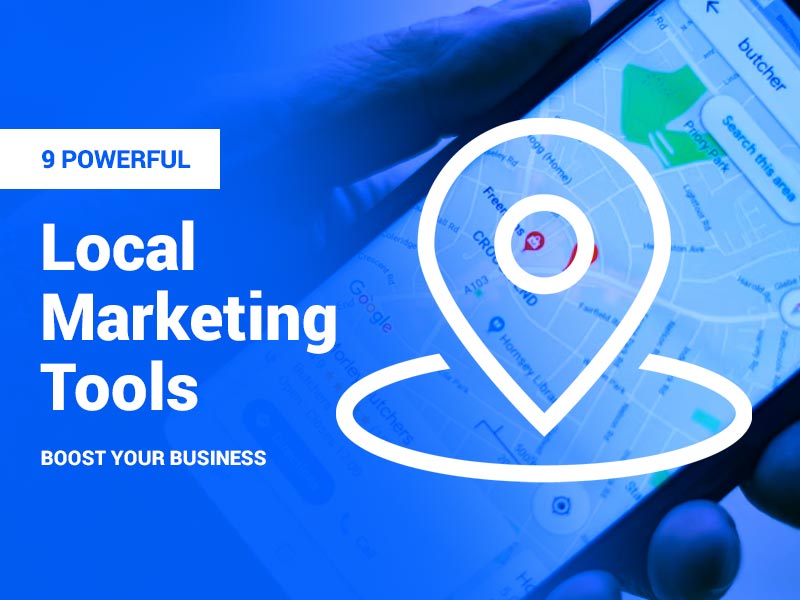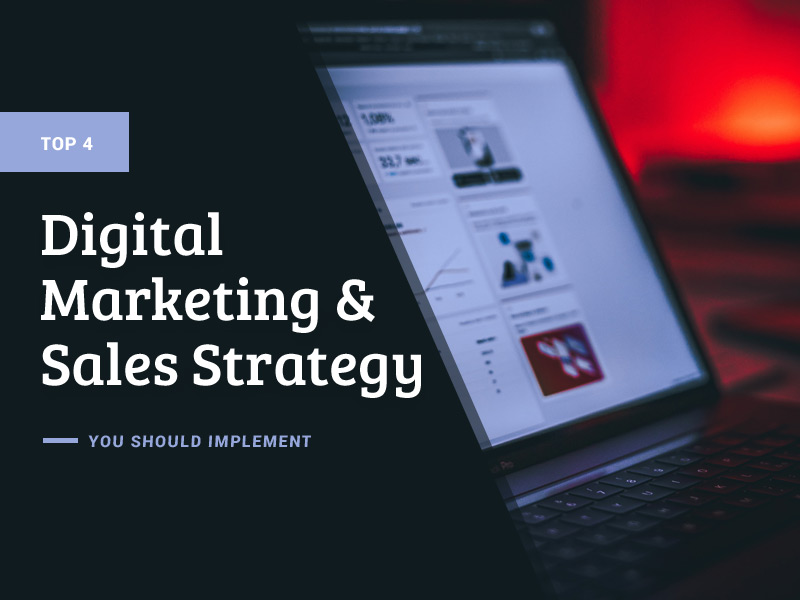Marketing, like many fields, is undergoing swift and dramatic changes driven by advancements in technology. New tools such as artificial intelligence, augmented reality, and sophisticated data analysis are reshaping how brands communicate with their audiences. These innovations offer businesses fresh ways to enhance their interactions with consumers, personalize their outreach, and refine their operations. When companies embrace these technologies, they open the door to stronger connections with their customers. Below, you will find some of the key trends that are poised to leave their mark on the marketing landscape in the coming years.
The Game-Changer: Artificial Intelligence
Once relegated to the realm of speculation, artificial intelligence now takes center stage in modern marketing. With its capacity to process immense quantities of data in mere moments, AI allows marketers to gain unprecedented insights into consumer behavior. From chatbots offering instant support to algorithms predicting a customer’s next move, AI gives brands the tools to engage in more meaningful interactions. Those who have already embraced AI often find that customer loyalty deepens and conversions increase. The rise of AI is no passing trend—its role in marketing is set to expand even further, cementing its place as an indispensable tool for businesses.
Data Analytics: The Backbone of Decision-Making
Data is also shaping the future of influence marketing with data driven influencer marketing platform. With access to vast information, marketers must know how to interpret it effectively. By studying consumer patterns, campaign outcomes, and shifts in the market, businesses can tailor their approaches more precisely. Predictive analytics allows companies to anticipate changes and adjust their strategies quickly. Securing this data is also vital, and tools like Managed XSIAM provide robust protection, ensuring that valuable insights remain safe while companies leverage them to make informed decisions.
Augmented Reality: A New Dimension of Engagement
Augmented reality is becoming a significant tool in marketing, allowing brands to offer interactive experiences that blend the real and digital worlds. In retail, AR is giving customers the chance to visualize products in their own homes before they buy. This not only enhances the shopping process but also cuts down on product returns. As AR becomes more common, its use will likely spread across different industries, providing businesses with innovative ways to captivate and connect with their audiences.
The Shift Towards Personalization
Personalization has become a vital aspect of modern marketing. As a result, consumers expect brands to recognize their preferences and deliver tailored experiences. Furthermore, by utilizing technologies like machine learning, marketers can analyze user data to provide customized recommendations and focused content. This focus on personalization improves user satisfaction and leads to increased conversion rates and stronger loyalty. Consequently, brands that adopt these technologies will find that personalized marketing creates deeper emotional connections with consumers. In turn, this connection fosters lasting relationships that benefit both parties. After all, the first thing that you need to do is offer your consumers what they’re looking for. It’s basically something that no one else is giving them, particularly your competitors. The best thing to achieve this objective is that you personalize your marketing campaign using the right technologies and reach your customers the correct way.
Also read: Top 10 Artificial Intelligence (AI) Technologies For Businesses






